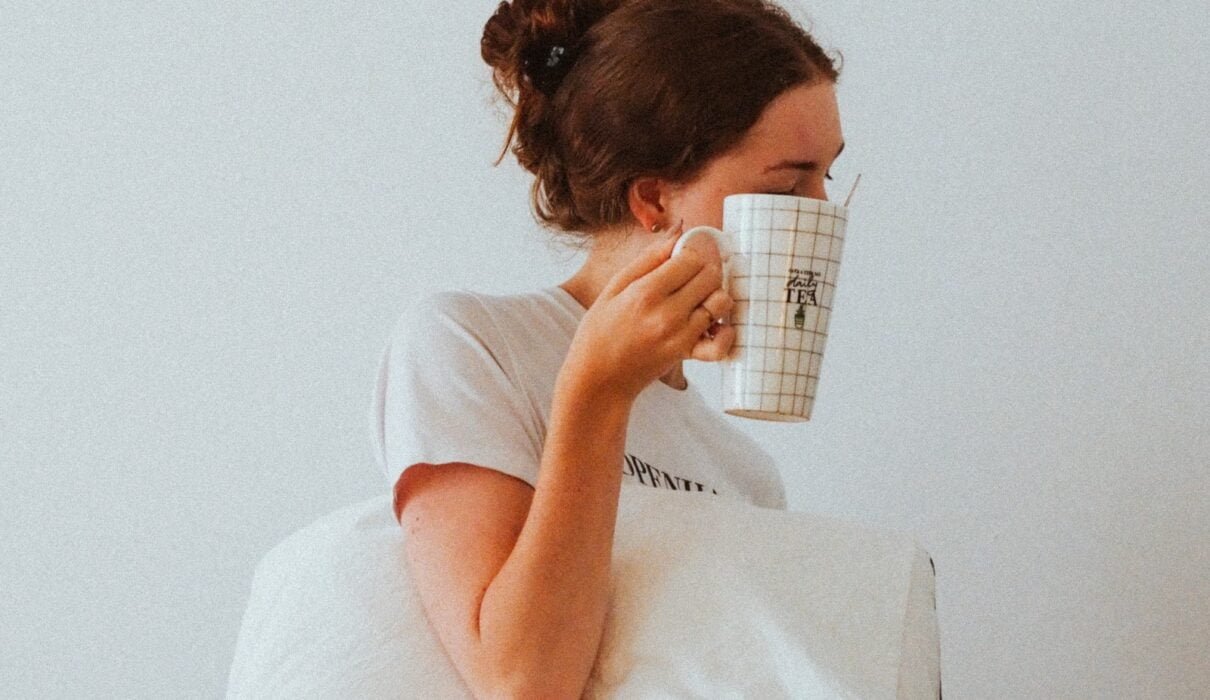Have you ever wondered why a sleepless night increased your need to eat junk food?
I do it; we all do. However, after a less-than-ideal sleep, and possibly over a few days, refined sugared foods seem much better than a salad. I am usually always sleep-deprived, but I have been good lately. Due to the dreadful cold of winter here in Sydney, it’s not hard to want to go to bed at 8.30–9 pm on most nights. Sometimes, I get thrown a deadline at 4 pm that needs to be updated before an 8.30 am meeting in Europe. Fantastic — that’s going to be much later than my bedtime allows. Those nights (and nights when I do go out and don’t get to sleep until midnight) throw an old lady like myself out of tune with my excellent circadian rhythm (including the food and workout rhythm)! Why do we suddenly crave more caloric-dense food when we’ve had a few sleepless nights? Even the healthiest bunch of us can’t seem to keep our hands away from a bit of chocolate — or two? It’s our nose that is the biggest instigator of this. It goes into hyperdrive, heightening the food odours for the brain so that it knows the difference between food and non-food odours. Researchers set a two-part experiment to uncover the number of food participants ate when sleep-deprived. This experiment was conducted amongst 29 men and women between 18–40. These people were divided into two groups. One of the groups got regular sleep, then spent four weeks sleeping for four hours only! The other group’s strategy was in reverse gear. A day after a good or a bad night’s sleep, the researcher’s served all participants a controlled breakfast, lunch and dinner menu. Snacks were also offered. Scientists then made their food consumption measurements. Researchers were not surprised that participants changed their food choices due to their lack of adequate sleep. Sleep-deprived participants ate high-energy-dense foods (doughnuts, cookies and potato chips). Those who were sleep-deprived also had trouble with the piriform cortex. They began to eat more energy-dense foods. We also have a breakdown in communication with other brain areas which receive food signals. This process changes the decisions we make to eat. During sleep deprivation, our brain might not get enough information, and we begin to overcompensate by picking foods with a higher energy signal. That may lead to choosing chips and doughnuts instead of a piece of fruit. When continuing the lack of sleep strategy, you can bet your bottom dollar will lead to a less-than-ideal body shape — not to mention severe health problems. That’s why your health professional and doctors keep telling you the same thing — get enough rest. As hard as it is to do so every day when you look at the research participants’ habits. It may reflect your habit when you are in a sleep deprivation situation yourself. Make health your highest priority, which could mean saying no when you are tired by getting to bed early enough to start making healthy lifestyle choices that empower your life.
I’m on Youtube! Please help grow awareness of health, lifestyle and well-being holistically, and follow my YouTube channel here.
Medium — Please sign up via my link if you want to read more articles like this or start writing your writing journey. I’d love to see you on the other side.Sign up here for your medium subscription.
As a gift, please download this as a thank you.Download your FREE Fat Loss Recipe book here.
